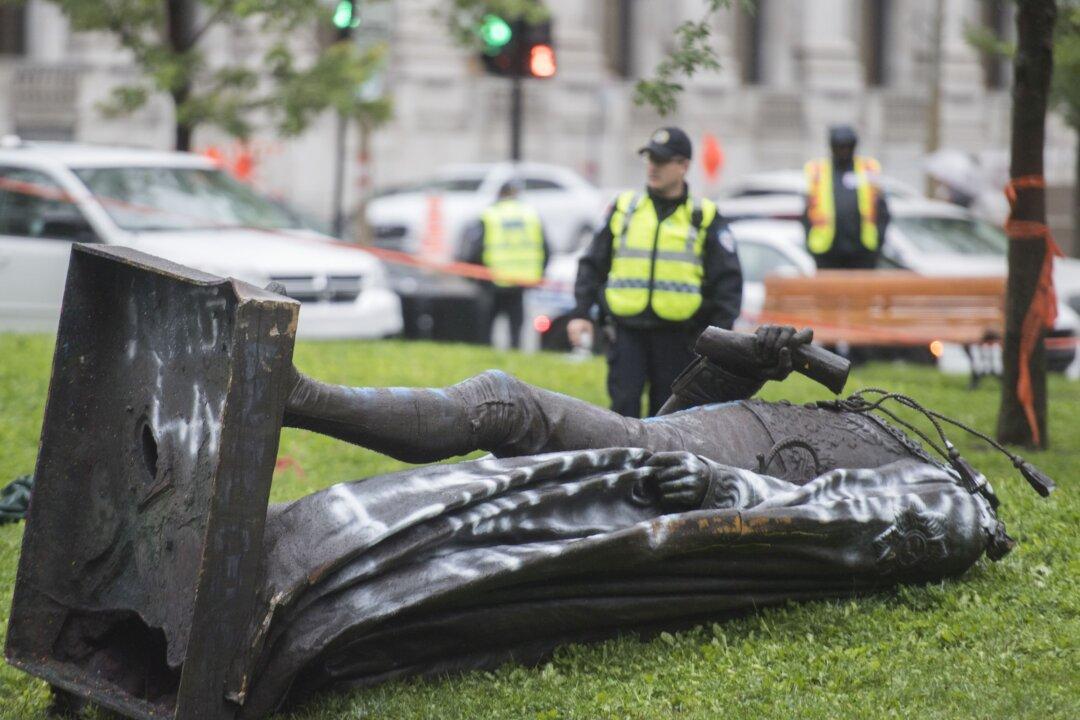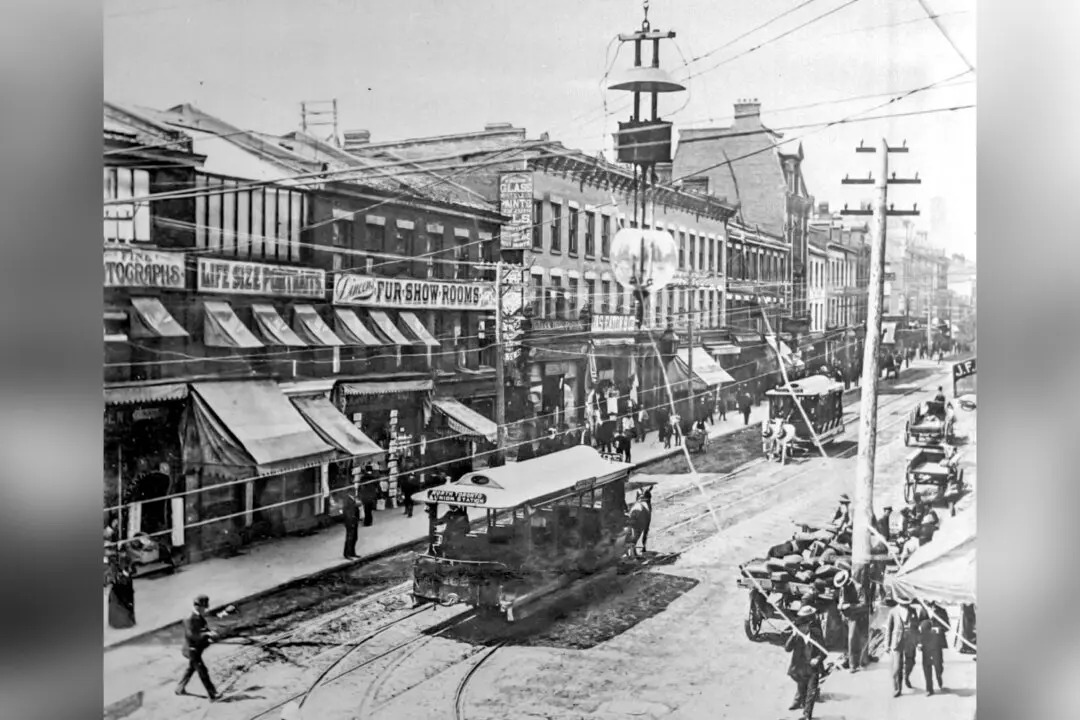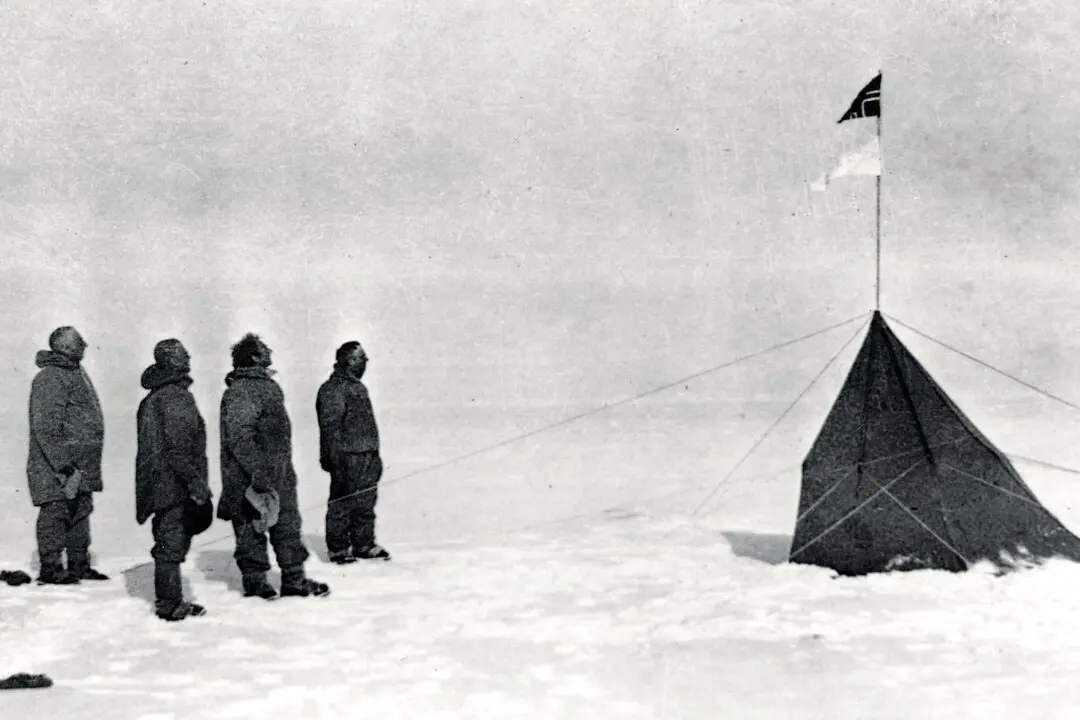Commentary
On a damp Saturday afternoon in Montreal this past weekend, a small “mostly peaceful” march under the banner of the Coalition for BIPOC Liberation ended with an attack on a monument to the memory of Sir John A. Macdonald. Unmolested by the local constabulary, the statue of Canada’s first prime minister was unbolted, pulled down, and covered in graffiti by young demonstrators who just happened to be carrying ropes, bolt cutters, wrenches, and spray cans.





